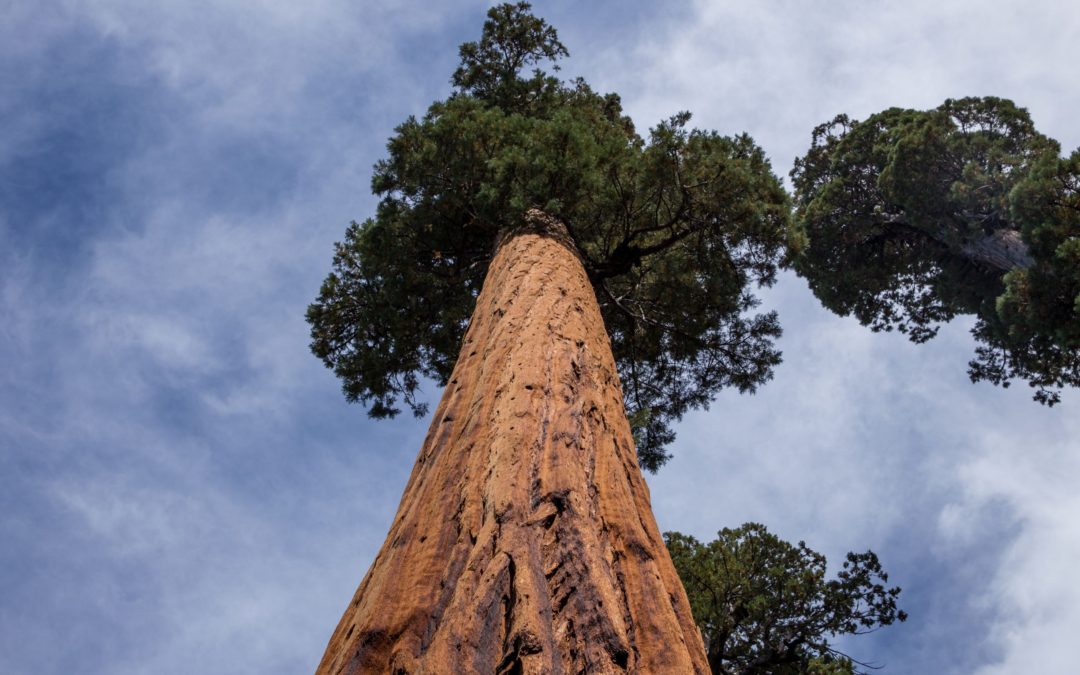- Anti-Racism Tip #8: If It Needs a Disclaimer, Don’t Say It - October 18, 2022
- On Tender Moments that Take Us By Surprise - May 18, 2022
- Finding Creative Ways to Exercise During the Pandemic - April 29, 2022
In the age of social media, it’s easy to feel like you’re standing still while others are sprinting past you. Many people portray an image of themselves as keeping it all together while building a career or business, raising a family all while summiting the tallest mountains in the world. But this frantic pace can be toxic to our minds, bodies, spirits and personal growth.
In our journeys to improve various areas of our lives, it can be frustrating to accept the gradual nature of improvement. One of the things I have learned over and over as a high performance athlete is that you always get worse before you get better.
Let me pause here for a moment and repeat: you always get worse before you get better when you’re working to improve something in your life.
So as a competitive volleyball player, if I was being taught a new way to set (volley) the ball, I would always perform terribly at the start. And because my performance was SO. MUCH. WORSE. than it was when I used my old technique, I would really have to fight against the urge to just go back to doing things the old way.
But over time, with persistence and practice, I was able to learn new techniques and add them to my repertoire. And because of this hard work, I was able to expand the number of arrows in my quiver to become a better, more versatile volleyball player.
So although personal growth and developing new skills can be slow in the beginning, it pays off in the end. And there is wisdom in slowing down to provide yourself with the time and space to get worse before you get better.
In Working Out, Working Within, Jerry Lynch and Chungliang Al Huang, using a Taoist framework, share lessons that top athletes use to develop mastery in the physical, mental, and emotional aspects of their sport. Lynch and Huang stress the importance of giving ourselves the space and time to grow. They advocate for people to “go slower to arrive sooner.” Lynch and Huang tell us:
Tao wisdom encourages a calm observation of the natural unfolding of events. Rapid growth and advancement are unnatural. One’s potential blossoms in a gradual way. Therefore, it is wise to avoid haste and enjoy the moment as you come into your own. Taoist philosopher Lao Tzu encourages patience and reminds us how all things occur at appropriate times. Patience is the ability to enjoy and immerse yourself in the process, the flow of life, as it assumes its own shape and form.
This means that we really need to give ourselves time to learn new skills and grow. We need to be able to focus on the process of developing that new skill, and immerse ourselves in the frustration and overwhelm of being a clumsy beginner. And then we need to deliberately make space to notice the tiny triumphs that come along as we experience personal growth.
But remember personal growth is not a race.
Each and every one of us will grow and improve at the pace we’re meant to. And it’s inevitable that we will get worse before we get better. But with enough hard work and persistence, we’ll indeed achieve those big, audacious goals we set for ourselves – whether it’s in deepening our relationships, developing discipline to live a healthier life, or mastering new skills to propel us in our careers.
So remember to slow down and give yourself time and space for personal growth. As as you do this, take note of what you’re learning and the incremental progress you’re making. As Huang and Lynch remind us: “Go slower, arrive sooner.”
We would love to hear your thoughts in the comments below this article and if you liked this article, share it!
If you enjoyed this article, check out:


So true, Kirsten. Exactly what I discovered when I was learning tai chi. When one move in the set is isolated, emphasized and practiced over and over, I found it took quite a while to smoothly incorporate the move into the 108 move set.
So true, Kirsten. Exactly what I discovered when I was learning tai chi. When one move in the set is isolated, emphasized and practiced over and over, I found it took quite a while to smoothly incorporate the move into the 108 move set.